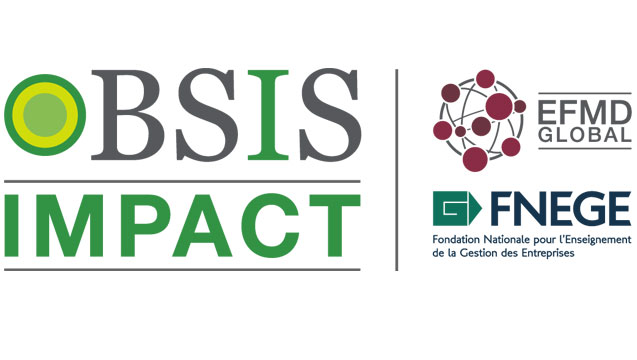The rise of travel during the last six decades has increased employment and boosted GDP, but the effect on the environment has been catastrophic. A collaboration between international academic institutions has been using knowledge from social science to reduce the negative impact of trips abroad and trigger an upsurge in ethical tourism – but are holiday makers willing to use the same bath towel twice?
In recent years, the total number of annual tourists has surpassed six billion. Exponential rises in tourism, however, cause water and air pollution, generate waste, deplete natural resources and contribute to global warming.
If a sustainable eco-tourism model is to become a reality in the future, a shift in human behaviour must reverse some of these destructive trends.
With this considered, a collaboration between academics at the University of Queensland in Australia (Sara Dolnicar), the Vienna University of Economics and Business in Austria (Bettina Grün), University of Primorska in Slovenia (Emil Juvan) and the University of Ljubljana in Slovenia (Ljubica Knežević Cvelbar) has sought to reduce negative environmental impacts caused by the tourism industry, without reducing its positive economic influence.
The project has also been supported by the Australian Research Council, the Slovenian Research Agency and the Austrian Science Fund.
The research team used social science theory as the basis to develop effective, easy and inexpensive practices, which encourage changes of conduct – even in exotic holiday locations. Indeed, a series of experiments have taken place in real tourism environments, including at the Bohinj Eco Hotel and B&B Hotel Ljubljana, both in Slovenia.
The project’s focus was on micro-behavioural alterations among domestic and international travellers, such as reducing towel usage or food waste. While these single events may not have a significant bearing individually, when millions of tourists make better choices, the collective impact could be huge, especially in the context of a global movement towards greener tourism.
Preaching to tourists about environmental sustainability during a time of holidays simply does not work
In the first experiment, the team installed water meters in different parts of the hotel and electricity meters in every hotel room, while cleaning personnel counted the number of used towels for each room. Meanwhile, pro-environmental signage was positioned at locations where behaviour which is typically damaging to the environment usually unfolds, such as water taps, electricity points and towel hangers. Three different types of appeal were used – fact-driven, guilt-centred and fun-based.
Following data collection, there was no significant difference in water, electricity or towel use in the group of rooms with pro-environmental appeals compared to those without. Preaching to tourists about environmental sustainability during a time of holidays simply does not work.
In contrast, a second experiment offered guests a free drink if they opted-out of room cleaning – but, importantly, the model was not based on bribery. Instead, guests were told that room cleaning was expensive, and that the hotel was willing to share the savings with guests 50:50, with the guest’s element paid out in the form of a drinks voucher. The behavioural change was stark, with 42% of guests accepting the reward rather than having their beds made.
These results emphasise that human behaviour is much more nuanced, especially when people are on holiday and, apparently, much less concerned about energy consumption, water use or even saving the planet.
Ultimately, the project has shown that pro-environmental reminders are not enough to sway tourists towards environmentally responsible behaviour. Vital behavioural shifts – especially in tourism settings – need to be either incentivised or created by service providers, hotels and tour operators in a way that can be embraced by tourists as part of the wider travelling package.

This case study has been produced in partnership with the European Foundation for Management Development’s Business School Impact System (BSIS).
BSIS is a pioneering impact assessment tool used by business schools worldwide
